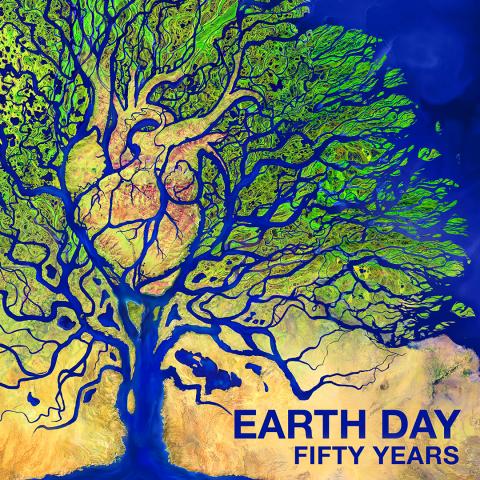APES COURSE DESCRIPTION
 Environmental science is a dynamic course that involves students strengthening science skills as well as gaining confidence with necessary content. I will be supplying teacher-participants with a digital folder of resources to help them enjoy a successful APES class including labs, rubrics, review sheets, sample tests, and more. Participants will be introduced to the new resources released this year by the College Board this year, as well as changes to the AP Exam. In addition, we will try out potential labs, projects, activities and ways to get students into the field and community. We will also talk about teaching strategies both for the classroom and specifically for the AP exam. After this course teachers should have a clear idea of what their students need for success and have many resources to help them design a curriculum that works for them, their students and their school.
Environmental science is a dynamic course that involves students strengthening science skills as well as gaining confidence with necessary content. I will be supplying teacher-participants with a digital folder of resources to help them enjoy a successful APES class including labs, rubrics, review sheets, sample tests, and more. Participants will be introduced to the new resources released this year by the College Board this year, as well as changes to the AP Exam. In addition, we will try out potential labs, projects, activities and ways to get students into the field and community. We will also talk about teaching strategies both for the classroom and specifically for the AP exam. After this course teachers should have a clear idea of what their students need for success and have many resources to help them design a curriculum that works for them, their students and their school.
LEARNING OBJECTIVES
- Teachers will become familiar with the Skills and content that are integral to an APES course
- Teachers will practice and have access to many options for teaching APES through
- Labs (in classroom- or modifications for distance learning)
- Activities
- Projects
- Formative and summative assessments
- Teachers will know expectations and how to grade students like an AP reader
- Teachers will have strategies to prepare their students for success on the AP exam
- Teachers will become familiar with the resources available on AP Classroom and how to use them in their class
- Teachers will create a syllabus for their APES course to be used in planning and for the course audit process
AGENDA:
DAY 1:
Morning
- Introductions
- Sample textbooks and resources to use and take home
- Overview of the CED=Course and Exam Description: What do we need to teach?
- Big Ideas
- Science Practices
- Course Framework: Topics and learning objectives
- Intro to AP Classroom resources
Afternoon: Topics, Labs and Activities from Unit 1-3 (Ecology, Biomes, Populations)
DAY 2:
Morning: The AP exam – how to prepare students and improve scores
- multiple choice-types of questions
- FRQ- work through a few FRQs from previous year. Talk about rubrics, try scoring.
Afternoon: Topics, Labs and Activities from Unit 4-5 (Land, water & climate)
DAY 3:
Morning: AM Field trip
Afternoon: Topics, Labs and Activities from Unit 6,7, 8 (Energy & Pollution)
DAY 4: What is left and what do you need? (this agenda may change for needs of class)
Morning:
- Topics, Labs and Activities: Unit 9 (Global Change)
- Instructional Strategies
- Lesson Planning Template- Using the new CED
Afternoon
- Review strategies:
Planning for your year
- Course Audit and Curricular requirements (news!)
- Strategies for planning and time management
- Time and help to work on your syllabus/unit plans for next year
- Create your equipment list
- bare bones & dream list.


